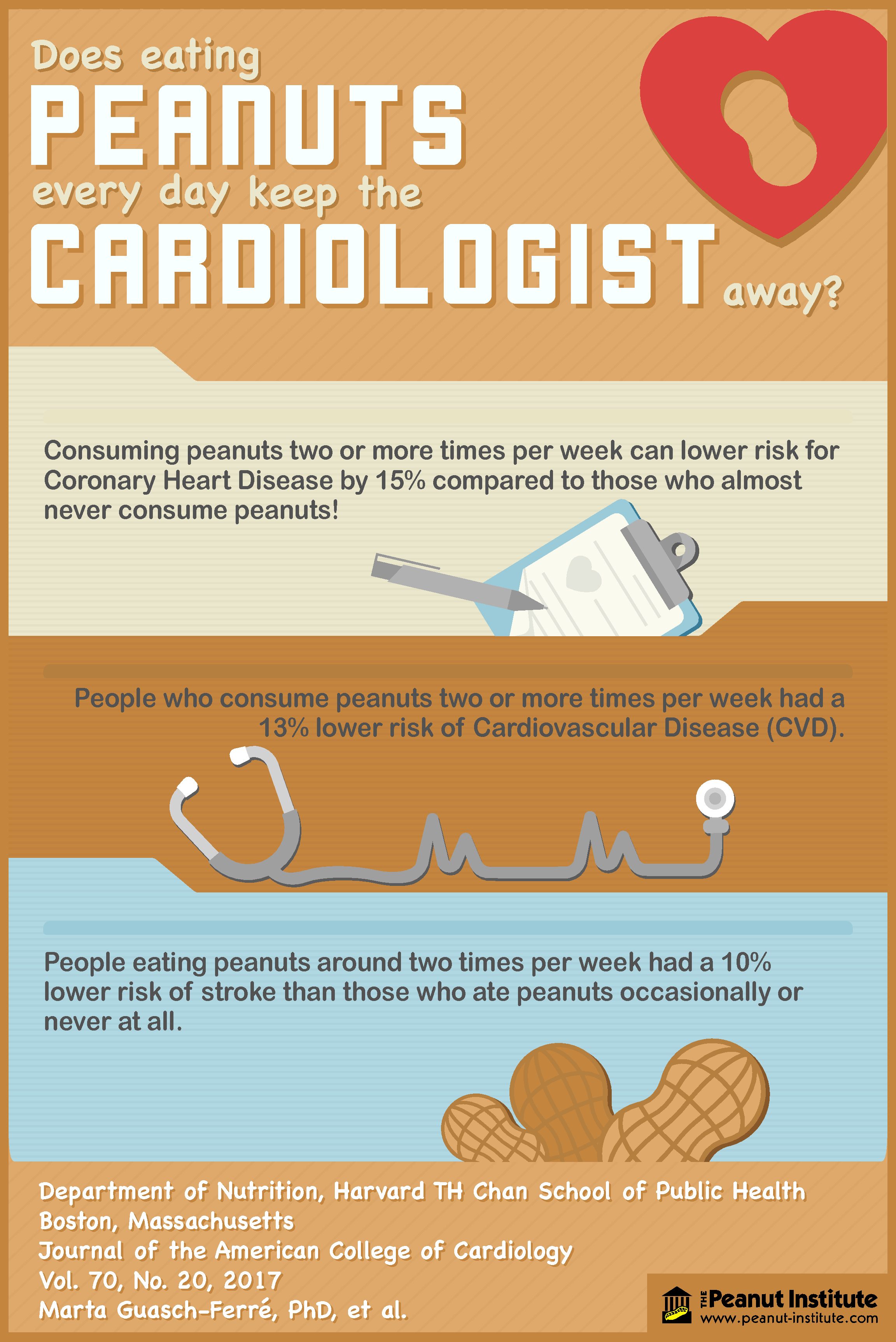When You Know Better, Do Better
Dear Dave,
I’ve made a lot of stupid money mistakes in the past. Even though I finally paid off six figures in debt a few years ago and am in control of my finances for the first time in my life, I’m having a hard time forgiving myself for all the dumb things I did. I have an emergency fund and other savings set aside, and I’m almost ready to buy a house. But it seems like there’s still a cloud hanging over my head from all my bad decisions. How do I stop obsessing over my past financial mistakes?
Brea
Dear Brea,
If you’ve had enough determination to pay off six figures’ worth of debt and to build savings on top of that in the last few years, you’re doing a phenomenal job! Most people would just make excuses or give up, but you educated yourself, put your head down and stomped out all that debt. I’m very proud of you, hon. What you’ve done speaks volumes about your character and self-discipline.
The late Maya Angelou once said, “Do the best you can until you know better. Then when you know better, do better.” That’s the key for you, I think. Doing dumb things doesn’t always mean you’re a dumb person. Sometimes, we just don’t have the knowledge or guidance we need to do things the right way. But once you learned a few things and saw there was a better way—a smarter way—you jumped in and made incredible things happen. You cleaned up your finances, and you changed your entire future for the better. I think that’s pretty cool. And you know what else? It makes you a pretty smart lady.
I think part of your struggle may be the fact that you’ve spent more time making the wrong decisions with money than you’ve spent making the right ones. That’s understandable. But time will help heal that struggle. It’ll distance you emotionally from the old you until you’re confident in the new you—not just in your actions, but in your heart and mind. I mean, think about it this way: If you violated trust with a friend, how would you rebuild it? First, it would take time. And second, it would take a series of trustworthy actions.
Let’s say someone had a drinking problem for a long time, but they’ve been dry for three months. After three months, their spouse still might not trust them with the checkbook. I totally get that. It’s a good start, but it’s not like they haven’t had a drink in three years. That’s where time comes into play. The more time they demonstrate a solid pattern of not going back to the bottle, the more evidence they create for why others should trust them.
I think you’ve developed a pretty good track record of being smart with your money, Brea. So cut yourself some slack. If God is willing to forgive us for the really bad things we say and do, you need to be able to extend a little grace to yourself for the dumb things in your financial past.
— Dave
* Dave Ramsey is a national bestselling author, personal finance expert and host of “The Ramsey Show,” the second-largest talk radio show in America. He has appeared on “Good Morning America,” “CBS Mornings,” “Today,” Fox News, CNN, Fox Business and many more. Since 1992, Dave has helped people regain control of their money, build wealth and enhance their lives. He also serves as the CEO of Ramsey Solutions.






































